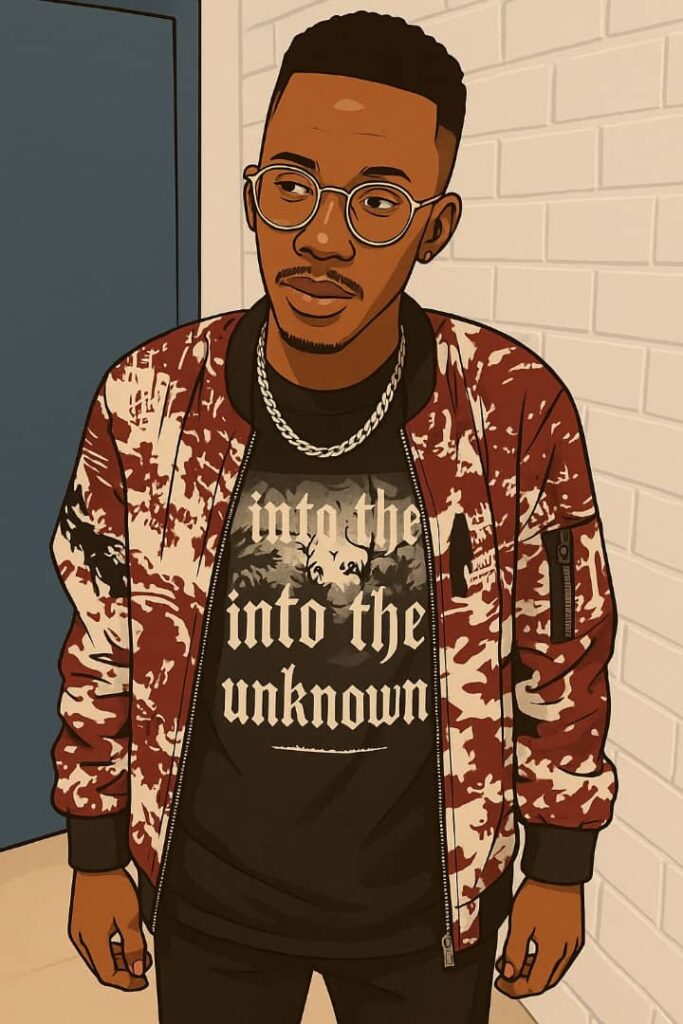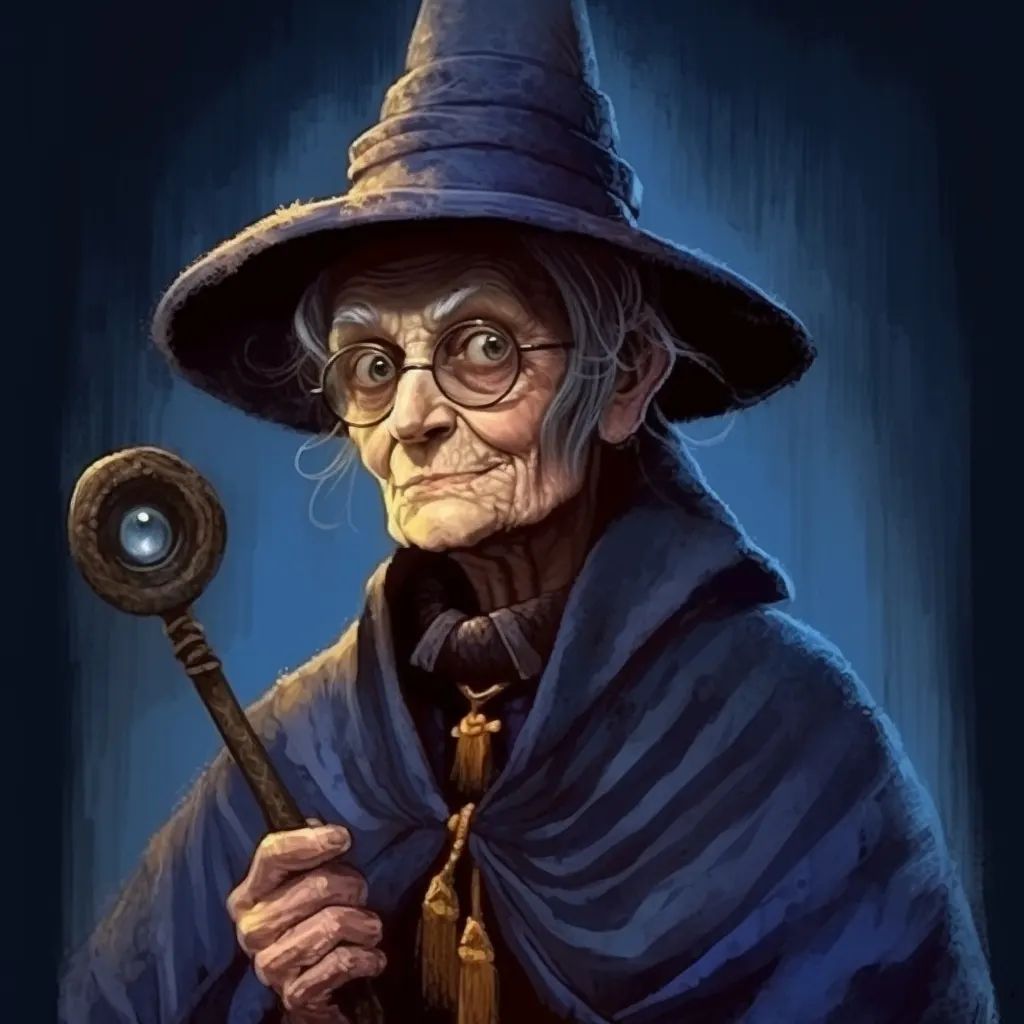An article about A Book by Thabo Billagesh, titled: WHICH ONE IS A WITCH?
This Article Is Written by Knight Fredel
A Sponsored Feature For Awake Afraka Magazine | Powered by iFredeX Creative Hub
In the far reaches of South Africa’s North West Province, in a town brushed by the hands of ancestral winds—Christiana—a young man named Thabo ‘Billagesh’ Kgopiso pens a story that is more than a book. It is a scream written in ink, a haunting turned testimony, and above all, a mirror held up to the darker face of what we often call tradition.
At just 23, Thabo is no ordinary youth. A musician, content creator, tutor, brand ambassador, storyteller, and MC—he moves like a polymath groomed by pain and purpose. And now, he adds author to the list with his upcoming book titled:
“Which One Is A Witch?”
And before you say it out loud, yes—this is based on a true story.
A Story Born of Love, Fame... and Spiritual War
Our story begins like many African tales do—with love, with song, with hope. A young star named Gustavo (Thabo’s alter ego in the book), known for his musical talent and academic brilliance, finds himself drawn to a beautiful lady named Mella.
She is light-skinned and luminous, the kind of woman whose smile makes you forget the country’s electricity crisis.
Together, they blossom. And then—bam! The gods, it seems, are impressed. Mella is pregnant. But not just with one child. She carries twins.
Now, pause there.
In most cultures, twins are cause for celebration. But in Africa, twins are something more. They are keys. They are codes. They are, according to deep esoteric knowhow, living symbols of duality and portals to spiritual wealth. They are seen by both the divine and the damned as a bridge to abundance and good luck.
And right there, the story takes its twist.
Enter the Third Party: Lisa the Shadow Queen
Unbeknownst to Mella, Gustavo is living the soft life of a local celebrity, where temptation is often disguised as opportunity. And then he meets Lisa, a woman cloaked in mystery, marinated in “spiritualism,” and laced with an energy that Thabo himself later calls witchcraft in a red lip stick.
Lisa isn’t just a fling. She’s spiritually strategic.
What Gustavo doesn’t realize—or perhaps doesn’t care to—is that Lisa is playing a long game. When he invites her to his grandmother’s spiritual school (his grandmother, MaGobela, being a seasoned traditional healer), it’s like walking a cat into a bird sanctuary and expecting peace.
Lisa becomes an initiate. But not just that—she becomes an infiltrator.
Now, the moment she and MaGobela discover that Mella is pregnant with twins, reality shifts. It is no longer just a love triangle. It is a spiritual war zone.
Twins, Witchcraft, and the Price of Prosperity
In African metaphysical teachings, twins are not simply biological marvels. They are symbols of cosmic balance—light and dark, masculine and feminine, chaos and order. But sadly, in some occult circles, twins are also seen as currency. Their life force, if tampered with and sacrificed, is believed to unlock realms of immense material gain and power.
This is no folklore, dear reader.
Throughout the continent, stories abound of ritual miscarriages, stillbirths orchestrated by jealousy, and babies never making it past a certain trimester—all because someone close, trusted, or seemingly harmless, saw gold in the womb.
Thabo’s story is one of those.
As the pregnancy progresses, Mella is tormented by unrelenting spiritual attacks. Sleepless nights. Hallucinations. Dreams drenched in blood. The kind of experiences that are easily dismissed by science but fully recognized by the wise ones of the land.
“She hated it when darkness came,” Thabo writes, “because she knew the night brought shadows not cast by the moon.”
Mella’s suffering wasn’t physical alone—it was spiritual warfare dressed as hormonal imbalance. And as the attacks grew in frequency, so did the suspicion: someone, somewhere, was trying to steal the babies—not by hand, but by remote rrituals.
Ubuthakathi: The Album That Sings What the Book Cannot Say
As Thabo struggled to write the chaos, he turned to his first love—music.
He’s currently working on an album titled “Ubuthakathi”—a Zulu word that directly translates to witchcraft, but which in deeper context refers to the manipulation of spiritual forces for selfish gain.
If the book is a confession, the album is a healing wail.
With tracks expected to blend hip hop, Afro-soul, ancestral chants, and spoken word, Ubuthakathi will serve as an emotional companion to the book—a rhythmic documentation of pain, betrayal, and awakening.
“They tried to kill my twins with rituals. So I used music to resurrect my soul,” he says.
If that’s not the most poetic revenge in history, I don’t know what is.
Which One Is the Witch?
The title itself is genius.
Not “Who,” but Which. A subtle reminder that sometimes, witches wear perfume and not pointed hats. That sometimes, your enemy isn’t the lady in the forest—it’s the friend in your bedroom. It’s the elder in your family. It’s the spiritual mentor who smiles while tightening your chains.
In the story, the question isn’t just about which woman is the witch—but also question about, “which parts of our culture allow witches to thrive?”
Because let’s be honest: African spirituality is beautiful, but it has been weaponized. Our rituals, once sacred, have been hijacked by greed and twisted into tools of terror.
Thabo’s book is a mirror and a machete. It asks you to look closely—and then cut away the silence.
Why This Story Matters (Especially Now)
Thabo is not just telling his truth. He is risking for it.
At 23, it would have been easier to ride the influencer wave, drop another freestyle, or live-stream his life away. Instead, he chose to speak on spiritual betrayal, ancestral silence, and the systemic rot that allows darkness to pose as Light.
He is showing us that witchcraft isn’t just a noun; it’s a condition. It’s the deliberate manipulation of the unseen to sabotage the seen. And more often than not, it is born from envy, opportunity, and close proximity.
The Power of Young Voices Telling Hard Truths
Africa needs her sons and daughters to write the unwritten. We need more young warriors like Thabo who will not only dance for followers, but bleed for truth. His voice joins a rising generation of African storytellers who are reclaiming narrative, one pain-soaked paragraph at a time.
He is part of the Awake Afraka Wave—a movement not of passive readers, but of activated minds.
Final Words from Knight Fredel
As I pen this article, I feel the spirits lean in. They nod, not because this story is new, but because it has finally been told.
To Thabo: I see your fire, young king. May your pen never grow dull, and may your music reach the ears of even the sleeping.
Which One Is A Witch? is more than just a regular book—it is a spiritual document, an ancestral exhale.
And to our readers: May you read this tale not as fiction, but as mirror. Look carefully. Not all witches fly. Some text you goodnight.
So, the book is Coming Soon: WHICH ONE IS A WITCH?
Written by Thabo "Billagesh" Kgopiso

Article: Written and Published by Knight Fredel For Awake Afraka Magazin.
Sponsored Article | Mystery | Non-Fiction. Powered by iFredeX Creative Hub
Stay tuned for the launch of the book and the Ubuthakathi album release.
Visit www.awakeafraka.com or astraplanet.ng for updates.
#WhichOneIsAWitch #Ubuthakathi #AwakeAfraka #ThaboKgopiso #KnightFredel #AfricanTruthTellers #TwinsAndWitchcraft #SponsoredStory #iFredeXCreativeHub


The book is so so realbut i wont say much i relate❤️give us more thabo billagesh segopisho